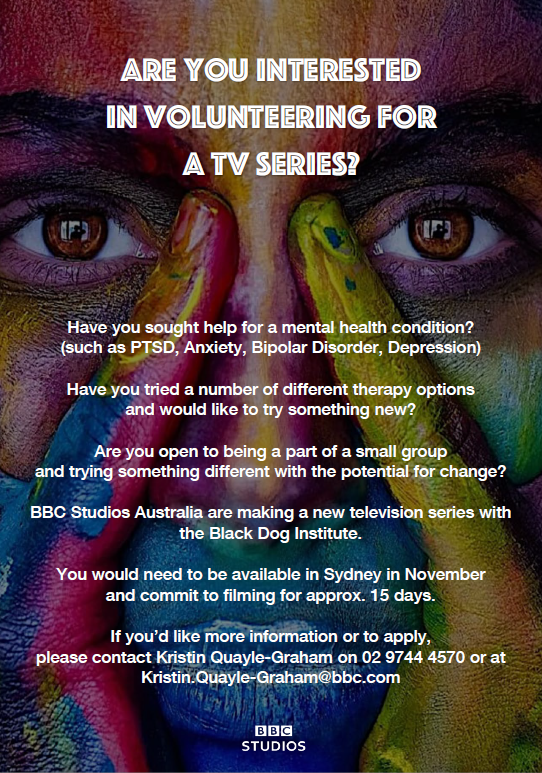CAMPAIGN LAUNCHED TO ALERT PEOPLE ADOPTED FROM IRELAND OF NEW LEGAL RIGHT TO LEARN ABOUT THEIR BIRTH INFORMATION.
Please find as follows key points about this new legislation, including links to the new website established for those seeking their birth information and a copy of the press release issued by the Adoption Authority of Ireland (AAI)- see attached; and a link to the Government issued press release
A global campaign has been launched by the Adoption Authority of Ireland (AAI) to raise awareness of landmark legislation which means that people who were adopted in, or from, Ireland are now entitled to know about their birth information.
The Birth Information and Tracing Act 2022, which took effect on 1 July, provides legal entitlement to full and unrestricted access to birth and early life information for any Irish person who was adopted, boarded out or had their birth information illegally registered, or who otherwise has questions in relation to their origins. This includes their birth certificate, care information, early life information, and medical information. It means that they will be able to find out their name, birthplace, and date, as well as their parents’ names, dates of birth, and other details.
This information service will be available from October this year.
The law also establishes a tracing service from October this year to facilitate contact between adoptees and birth parents and other birth relatives according to the preferences they register on the new Contact Preference Register (CPR).
The Register, which is operated by the Adoption Authority of Ireland, is now open for applications. Please register at www.birthinfo.ie
People can register at any time but are encouraged to register in the first three months, especially those who wish to record a preference of no contact.
The tracing service can be used by relevant persons – parents, adoptive parents, birth relatives, other genetic relatives, or those who were carers in relation to a relevant person – to enable contact or the sharing or requesting of contemporaneous information.
Where the relevant person has died, their son or daughter will have the same right to information that relates to their parent, if the relevant person’s parents (i.e. the applicant’s grandparents) are also deceased. A next of kin can also apply for access if the relevant person died while resident as a child in a Mother and Baby or County Home Institution.
In cases where a birth mother chooses to have no contact, this will not prevent her identity from being shared, but her desire not to be contacted will be respected.
In cases where a birth mother chooses to have no contact, this will not stop adopted persons meeting or engaging with other family members, such as siblings or half siblings.
















